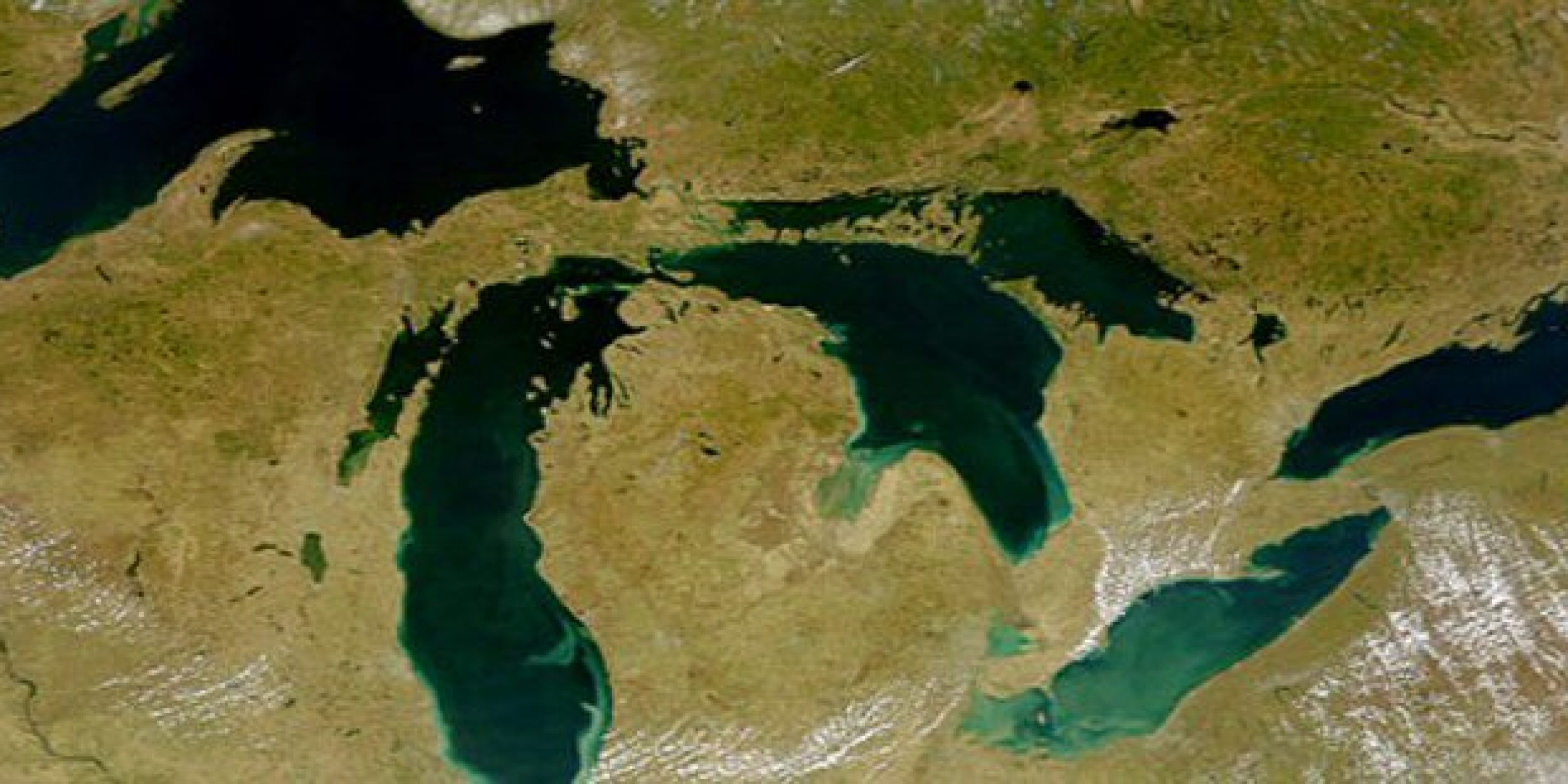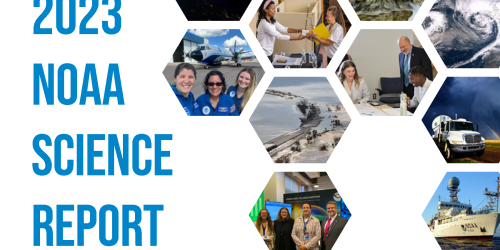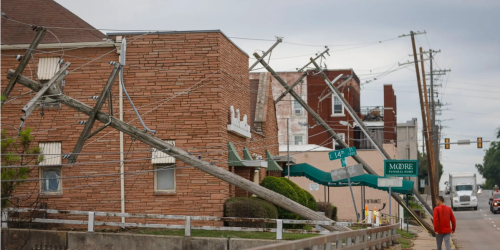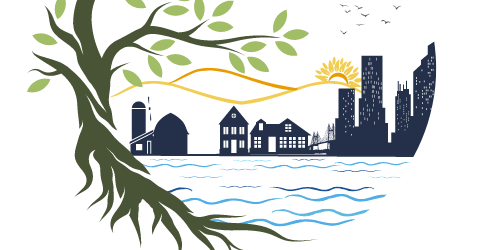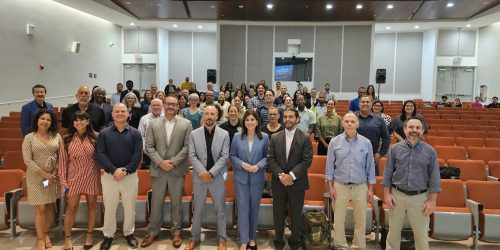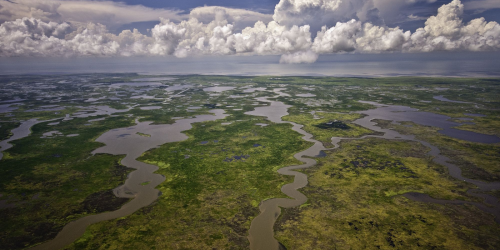A new article published in the Bulletin of the American Meteorological Society aims to improve the accessibility and usability of climate models to climate researchers, practitioners, and policy-makers.
The publication, “Increasing the Usability of Climate Models through the use of Consumer Report-style Resources for Decision Making,” is the first article geared for practitioner audiences from the Great Lakes Ensemble, a project of the Great Lakes Integrated Sciences and Assessments (GLISA), a CPO Regional Integrated Sciences and Assessments team, whose goal is to increase the capacity of Great Lakes practitioners to prepare for and adapt to climate variability and change.
“This article proposes an innovative approach to improve usability: climate model consumer reports, designed to help users make informed decisions when selecting climate information,” says Maria Carmen Lemos, one of the article’s authors, GLISA co-director, and a professor at U-M’s School for Environment and Sustainability.
Users of information from climate models face difficulty in assessing which models and projections are best for their particular needs, note the paper’s authors. This difficulty stems from the abundance of climate information, as well as the relative inaccessibility or unavailability of information concerning a given model’s quality, trade-offs, and suitability for a particular geographic region or decision-making application. In the Great Lakes region, this is even more difficult as the lakes themselves are an important but complex climate feature that most climate models are not designed to represent well.
In other sectors, consumer reports have traditionally provided potential consumers with background knowledge and a thorough review of available products and services to help these consumers make decisions. However, this format has not been applied to climate models or projections. GLISA has developed a suite of climate-model consumer reports to help climate information users make informed decisions when selecting models and projections for their work.
In partnership with their Practitioner Working Group (PWG), the authors have developed a suite of climate-model consumer reports that directly respond to the challenges users face. Their approach evaluates the fit of models and projections to particular applications in familiar, easy-to-read formats. Because these reports were developed via an iterative feedback process with their PWG that includes representatives from agriculture, Tribes, the National Guard, state and federal governments, and the private sector, they maximize relevance and usability, while also accelerating knowledge transfer.
“GLISA’s Practitioner Working Group is an essential component of our Ensemble project as they co-develop, evaluate, and promote the products, like our consumer-report style resources, coming out of our Ensemble project,” says Laura Briley, a GLISA climatologist and co-author of the publication. The paper’s authors are Laura Briley, Rachel Dougherty, Emily Blackmer, Andrea Vega Troncoso, Richard Rood, Jeffrey Andresen, and Maria Carmen Lemos.


